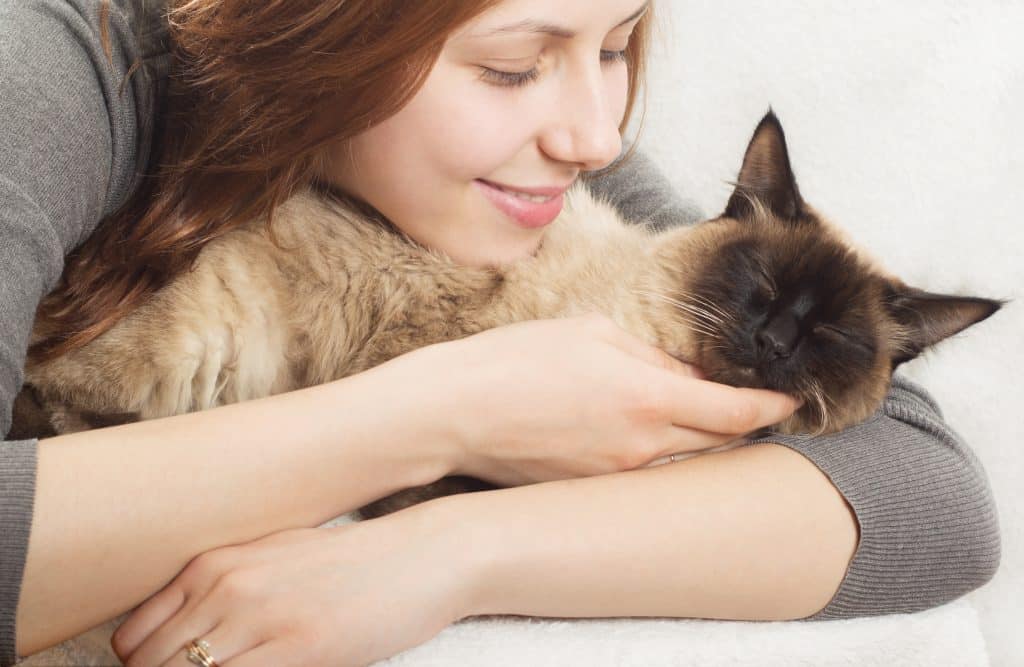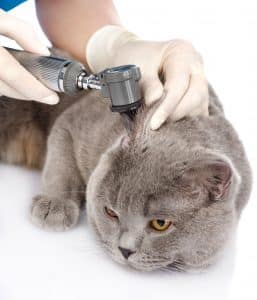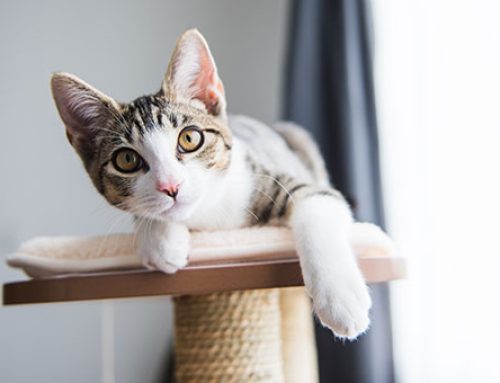Kitten season is approaching! Here is some advice and information on how to introduce your new kitten to their forever home.
WHAT TO EXPECT
Congratulations are in order for the newest addition to your family! If this is your first time with a kitten, you’ll find out right away that they are balls of energy and curiosity. Kittens need to be socialized, just like children and puppies. One part of socializing is to simply get your kitten used to being handled; rub between their toes, play with their ears, and get them used to be held. If you are finding that your kitten doesn’t like his or her paws to be touched, do short training sessions with lots of treats. Training can simply be when you touch his or her paw, you say ‘treat’ and then reward them for allowing the touch. If there’s any resistance, then redirect and give him or her something fun to be distracted with. The important thing to note about this is to always keep it positive. Socializing your kitten also includes lots of playing! Kittens need to be mentally stimulated, and playing is a great way to keep them active and out of trouble.

Just like a child, this can get exhausting after a while. But, with some tips in this article, we can help the transition to your new home be as positive (and painless) as possible.
HOW TO PREPARE YOUR HOME
It’s always a good idea to keep your kitten in one room for the first few weeks of being home. This allows them to get adjusted to a new environment and stay safe before exploring the whole house or being introduced to established pets. Have a food bowl, water bowl and litterbox ready to go for your kitten, as well as a variety of toys and scratching posts. Be sure that the food and water bowls are not placed too close to the litterbox. This way, if one cat is using the litterbox and the other cat is eating, there won’t be any territorial issues with the two being in the same space.
It’s usually a good idea to keep your current pets separated for about 2 weeks from any new pets. This sounds like a challenging task, but it is important in case the new kitten brings home any upper respiratory illnesses or intestinal parasites that could potentially pass to the other pets. Also, all new kittens need to be tested for Feline Leukemia Virus (FELV) and Feline Immunodeficiency Virus (FIV) prior to being introduced to other pets.
Be sure to ‘kitten proof’ their room and the rest of your house. Wind up any cords or cables that could be chewed on, close off vents and hide any potential choking hazards.
FEEDING
Kittens may seem like their stomach is a black hole, but having the proper food will help them develop and grow with the right nutrition. Ideally, kittens should eat at least 3-4 times daily. We recommend kitten specific food, and the brands we recommend are Hill’s Science Diet and Royal Canin. It’s also recommended to consider a primarily wet food diet and using dry food as treats for training. Be sure to transition them slowly over 7-10 days when switching to a new food.
LITTERBOX
One of the first things that your kitten should explore when they first come home is the litterbox. We recommend using clumping litter and to have multiple litterboxes. A general rule of thumb for how many litter boxes is the number of cats per household plus one. Also we recommend placing litterboxes on each level of the home. Offer different types of litterboxes such as covered and uncovered. This gives your kitten and established cats a choice on where they’d like to go and to avoid any negative interactions between cats.
CARRIER TRAINING
Start your new kitten with positive carrier training. Leave your carrier out in their play area so they can explore it whenever they like. Put a few of their favorite toys in the carrier as well so they only associate the carrier with positive things. Eventually, the training should lead to your kitten eating his or her meals in the carrier. This way, when it’s time to go to the veterinarian or on a car trip, they are comfortable and happy being in their carrier.
SCHEDULING A VETERINARY VISIT
It is recommended to bring your new kitten in for he or she’s first visit within the first week of being adopted. Your kitten will receive a thorough physical exam Please bring a stool sample so we can send the stool to a lab for intestinal parasite testing and start a deworming protocol. This is also when we will discuss vaccine scheduling, neuter or spay scheduling and to answer any and all questions you have about the newest addition to your family.

ALL UP TO DATE ON VACCINES?
Even though our Fear Free Certified Practice works very hard to minimize the stress of veterinary visits, there is always anxiety for both the owner and the cat. Happy visits are a great way to help alleviate this stress! Give us a call and let us know if you’d like to set up a happy visit. A happy visit is just that – focusing on playing, interacting and bonding with your kitten. And the best part, it doesn’t cost anything.
Positive visits are beneficial both to you the owner, and establishing a positive relationship between the veterinary office and your kitten.
As always please feel free to give us a call or shoot us an email with any questions regarding your new kitten.
















Leave A Comment